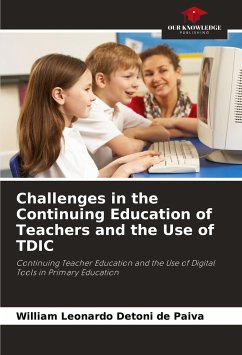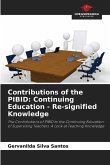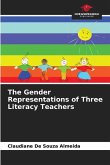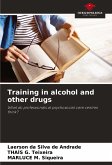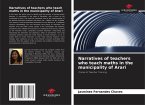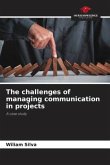Digital technologies reach schools and create other ways of constructing knowledge, thus expanding access to information and reconfiguring the learning space. The aim of this study was to investigate the introduction, reception and use of digital information and communication technologies among teachers and pedagogical teams in the municipal education network of a city in the south of Minas Gerais. The aim was to verify the impact of DICTs in redefining teaching knowledge and the pedagogical practices used. This is a qualitative and exploratory study based on Technological Pedagogical Content Knowledge (TPCK), according to Mishra and Koehler (2006). To collect the data, two questionnaires were used in Google Forms, prior to four workshops being held in the computer lab of the public school system, using educational websites and software, and a third questionnaire was used to compare the data with the second. The data was analyzed based on aspects of content analysis (BARDIN, 2011). This study shows that with the advent of technology and the creation of different digital tools and resources.
Bitte wählen Sie Ihr Anliegen aus.
Rechnungen
Retourenschein anfordern
Bestellstatus
Storno

